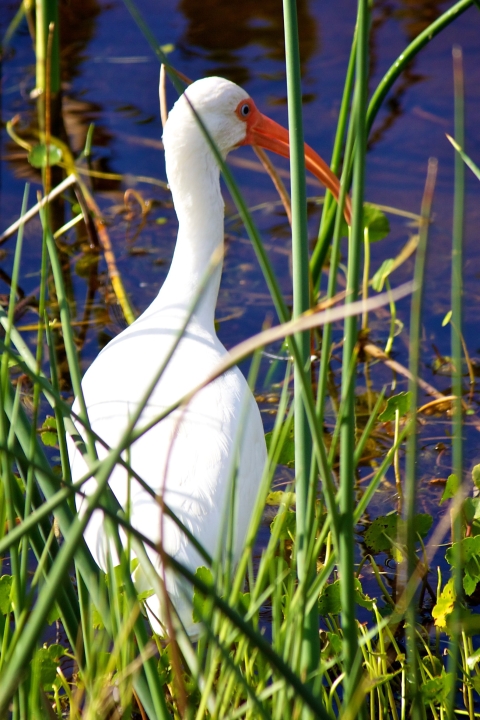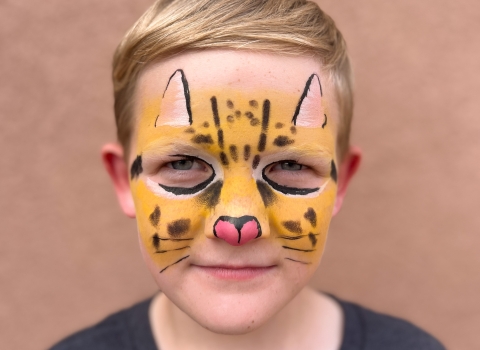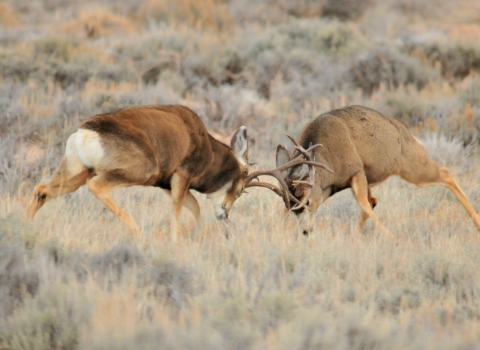The Colonial Nesting Wading Bird Tracking and Habitat Use Assessment project approved by the DWH NRDA the Alabama Trustee Implementation Group. The purpose of this $1.5 million project is to collect information on wading bird ranges, movements and other important aspects of habitat use for future planning to restore wading bird species in Alabama injured by the Deepwater Horizon oil spill. The project relies heavily on the use of electronic transmitters attached to captured birds.
Field biologists are surveying three important coastal breeding areas - Mississippi Sound, Gaillard Island, and Perdido Bay. The U.S. Fish and Wildlife Service, a member of the Trustee Implementation Group, is managing the project.
On Gaillard Island, they found thousands of nesting brown pelicans and laughing gulls. Seabirds are particularly sensitive to disturbances, so the field crew only captured birds close to their boat landing location. Field staff captured and placed transmitters on several white ibises and tricolored herons. Staff are also continuing to collect biological data and band birds, even when a transmitter is not applied.
“Things are going really well. We have been capturing more birds than we can outfit with transmitters, but we are still able to collect all the necessary data,” said Abby Powell, Unit Leader, Florida Cooperative Fish and Wildlife Research Unit.
“This project gives us an important way to understand the many impacts that affect colonial nesting wading bird populations, including human disturbances such as the Deepwater Horizon spill. The data provided through this project will help us to more effectively restore bird species injured by the spill,” said Kate Healy, Biologist with the U.S. Fish and Wildlife Service’s Gulf Restoration Office.
Given the amount of work that has been accomplished to date, the field crew has high hopes for the remainder of the season. Learn more about the Colonial Nesting Wading Bird Tracking and Habitat Use Assessment project.




